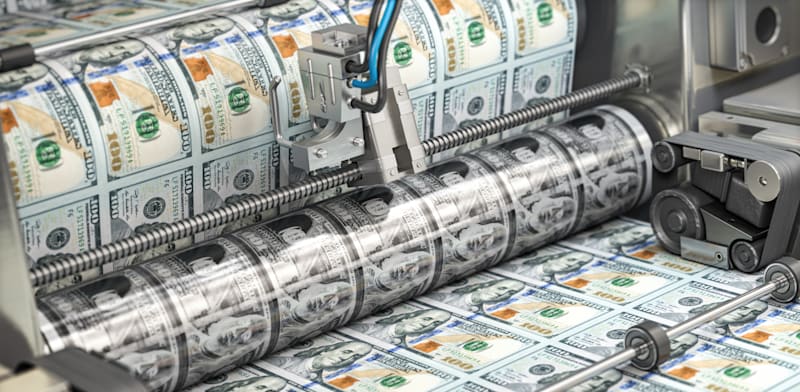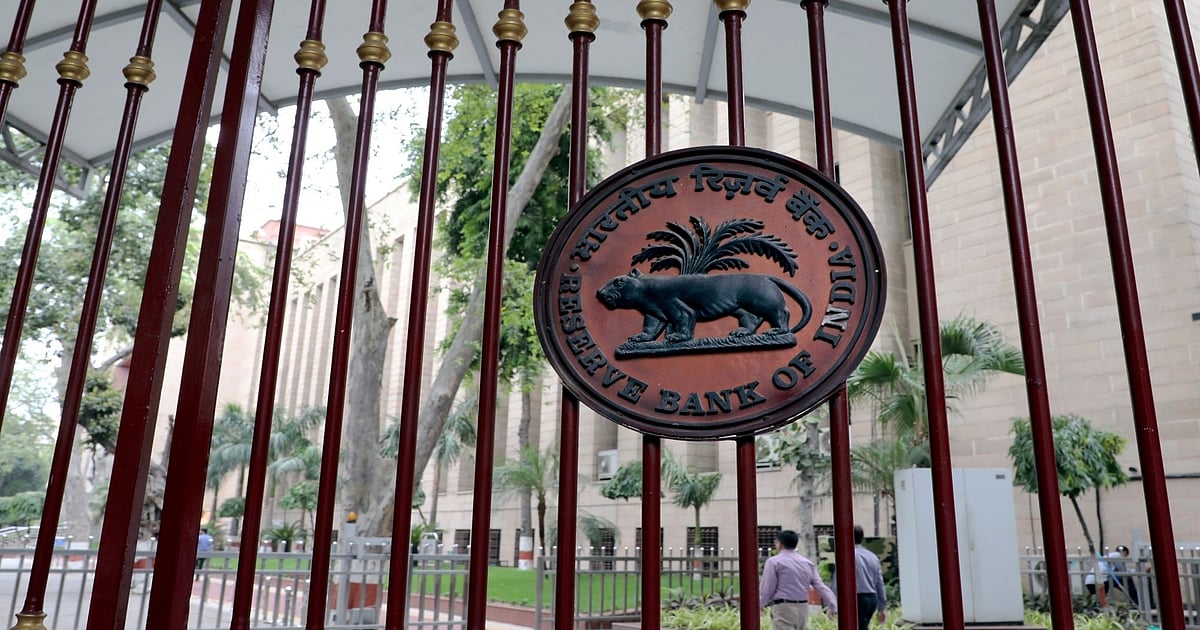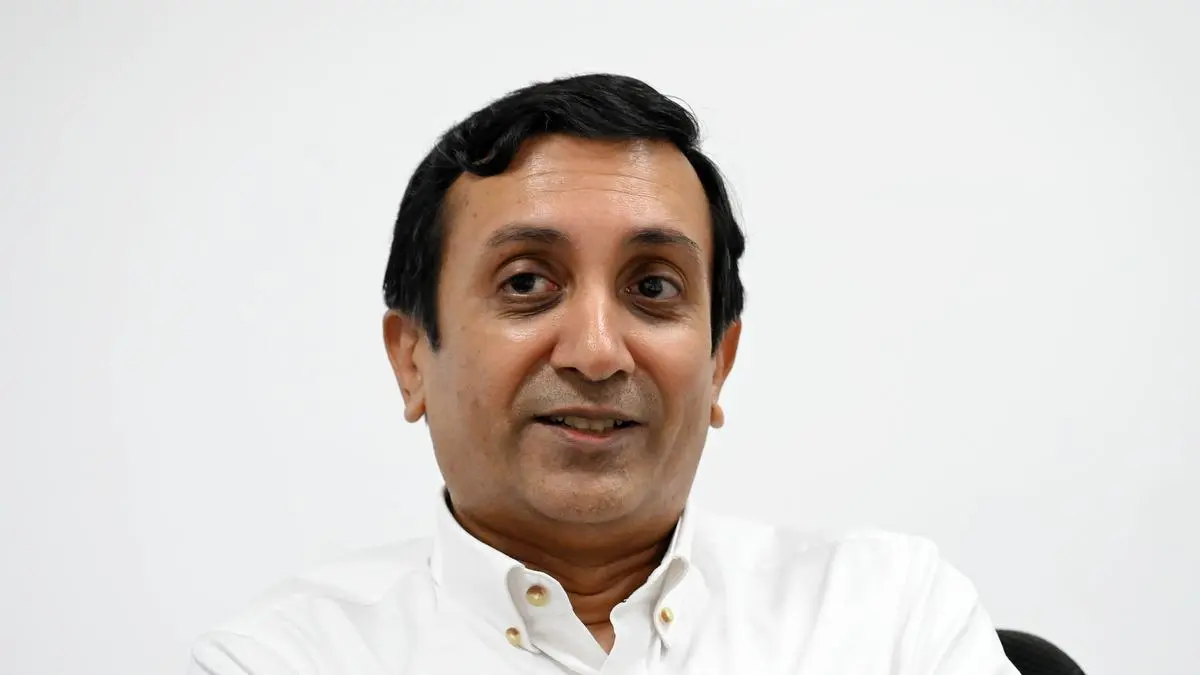Of the 40,000 companies rated in India, about half do not cooperate with credit rating agencies (CRAs).
“RBI now wants to know how many such ratings are there, why have these borrowers not disclosed information, since when are they not cooperating etc. Since a predominant number of such ratings pertain to bank loans, RBI has taken up the matter,” a person aware of the matter told ET.
A communique from the banking regulator was received by the credit rating agencies (CRAs) towards the end of May, said the person.
Rating agencies either rely on publicly available data or withdraw the rating of such borrowers who refuse to disclose financials and other information.
Such ratings are categorised as “issuer not cooperating” (INC), with CRAs using this as a suffix with the credit rating symbol. In the absence of adequate information, CRAs use reports published by debenture trustees and feedback from bankers and auditors to arrive at INC ratings. Given a choice CRAs, which receive no fees for the effort put in on INC ratings, would prefer to withdraw the rating. However, withdrawal requires the no-objection from bankers, who are typically reluctant to give it – probably because credit officers of banks would like any rating agency to be associated with a borrower.A company, particularly unlisted ones, may stop cooperating with CRAs to hide their true financial position or mask disputes, irregularities and stresses that could trigger a rating downgrade.”We hope RBI takes a view on INC ratings. Such ratings do not help the lender and other investors. The rating industry has pointed this out in the past, but until now the regulators (RBI and Securities and Exchange Board of India (Sebi)) have not taken any action. We hope they do now,” said an official with a rating agency.
If RBI significantly raises the risk weight on an unrated security or loan, banks would let CRAs withdraw ratings for borrowers who have not been cooperating. Risk weights (determined by RBI) are attached to every asset (loan and investment) of a bank. So, a higher risk weight raises the regulatory capital for a bank. According to banking regulation, a bank saves on capital when a bigger slice of its assets is rated. If the weight on unrated loans is as high as – or, even higher than – sub-investment grade loans and investments, banks may end up nudging borrowers to cooperate with CRAs. Last year, the agencies had taken up the matter with the bankers’ lobby Indian Banks’ Association.
The industry believes it may be an appropriate time to address the issue of non-cooperative borrowers as the post-pandemic improvement in the credit quality continued in FY23 which saw three rating upgrades for every one downgrade. Also, the occurrence of defaults almost halved in FY23 compared to FY22 and FY21 numbers.








































